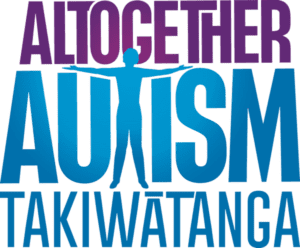
Everyone wants to feel safe and comfortable in their own home. If you need to modify your home so it is easier to get around, here are some ideas.
Housing modifications for disabled people
The Ministry of Health may be able to provide funding for things around your house like handrails, ramps or lifts, as well as alterations to doorways and bathroom modifications. Funding is limited, so applications are prioritised according to need.
You will need to contact an Equipment and Modification Service (EMS) assessor. An EMS assessor will make sure you are eligible for funding; assess your needs; and help you through the process – from making an application until the completion of your home modifications. Find out more about housing modifications for disabled people from Whaikaha – Ministry of Disabled People, or contact Accessable if you live in Auckland and Northland, or Enable New Zealand in the rest of the country.
For specific advice on making buildings and public places accessible for disabled people, take a look at the New Zealand Standard: Design for Access and Mobility.
For information and ideas about designing an accessible home to meet your needs, visit the Easie Living & Demonstration Centre website.
You may also be interested in the Marae Accessibility Toolkit: Te Whakaaheitanga Marae – a guide to making marae accessible for kaumātua and people with disability.
Accessible Properties specialises in placing tenants with disabilities in accessible homes.
ACC
If your disability is covered by ACC they will provide support for modifications to your home as well as personal equipment to help you move around your home.
Equipment for disabled people
If you need equipment to help you live independently in your home, the Ministry of Health may be able to loan things like wheelchairs and walkers, hoists, bathroom equipment or communication devices for as long as you need it at no cost.
An EMS assessor will look at your needs and give you advice about what equipment will be best for you. Find out more about equipment for disabled people from Whaikaha – Ministry of Disabled People.
If you don’t meet the criteria for Ministry of Health equipment, your EMS assessor will be able to give you information about places you can purchase or hire the equipment you need.
Take a look at mobility equipment and daily living aids available for purchase or hire at the Mobility Centre Store.
Life Unlimited (now known as Your Way | Kia Roha) Hearing Therapy is an EMS assessor for adults living with permanent hearing loss. They can assess your needs for assistive hearing and alerting equipment to enable you to work or study, or help you live safely in your home. Read our story about how a smoke alarm system that is specially designed for people who are hearing impaired works.
You may also want to take a look at our funding options page to get some ideas about places where you can get financial support if your needs aren’t met by government funding.





